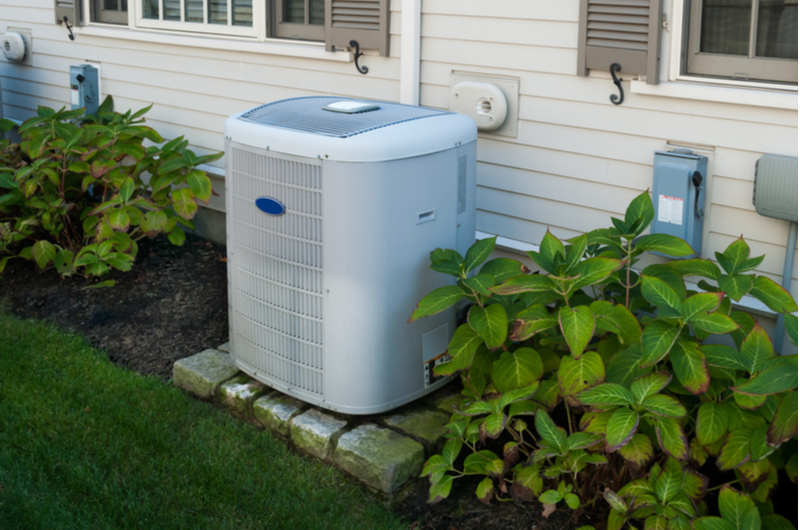Choosing An HVAC Unit For Your Needs
According to the Environmental Protection Agency, USA, indoor air quality is up to 5 times worse than outdoor air because indoor airflow is more congested. Without proper AC installation, the polluted indoor air can lead to health problems like allergies and colds.HVAC stands for heating, ventilation, and cooling. It is a system that cleans the air in your building to remove pollutants, bad odor, and bacteria while also regulating temperature and controlling humidity.

Types of HVAC systems
- Heating and cooling system: This type is the most common. It includes two units, one for cooling and the other for heating. The cooling unit is usually installed on the outside of a building, and cools outdoor air to exchange it with the hot air inside the building. The heating unit is generally installed inside the building and warms the building during the cold season.
- Ductless mini-split systems: These are individual units for each room that are usually mounted indoors and connected to an outdoor compressor. These are the kinds installed in restaurants and hotels. They are great energy savers because they only run in rooms in use.
- Hybrid split system: This heating system automatically adjusts to the best energy-saving mode, either a gas furnace or electric heat, depending on a building's outdoor temperature.
- Packaged heating and air system: The is the system containing a compressor, condenser, and evaporator in a single unit. You install it on a roof or a building's foundation.
Top Tips on Selecting an HVAC Unit for Your Needs
When looking to install an HVAC system, the following tips can help you get the exact one your building needs. It would be best if you discussed these with your contractor to make the best decision.- Why you need one: Is it to save more energy? Do you want to upgrade your unit? If so, why?
- Size: After evaluating what your building needs, what size of the unit will be most effective? You don't want a unit that is too big that it doesn't save energy, or too small that it's not sufficient.
- The HVAC unit maintenance: The best thing is to buy locally. Doing this ensures you can find services like central air repair, AC repair, and more if the need arises.
- Price: You will need to know the unit's cost, from installation, repair services, servicing fees, and warranty fees beforehand.
How to Take Care of Your Unit
If you want to prolong your unit's lifespan and effectiveness, it is ideal to have it serviced at least once a year. Many AC service providers recommend servicing in the spring and fall seasons. This maintenance includes; inspection, cleaning, and repairs.With an HVAC unit, you need to hire an expert from day one. An expert will guide you when buying, installing, inspecting, and repairs.
How Much Will an HVAC System Cost You?
According to experts, replacing an HVAC unit will cost you $4,820 to $9,350, and installing a new one with ductwork can cost $6,820 and $12,350.Servicing an installed system can cost between $150 and $450 averagely, and you can pay an upfront estimate of $100 to $300 for extended warranties. This amount covers two maintenance calls per year, and the warranty covers service calls and labor fees.
